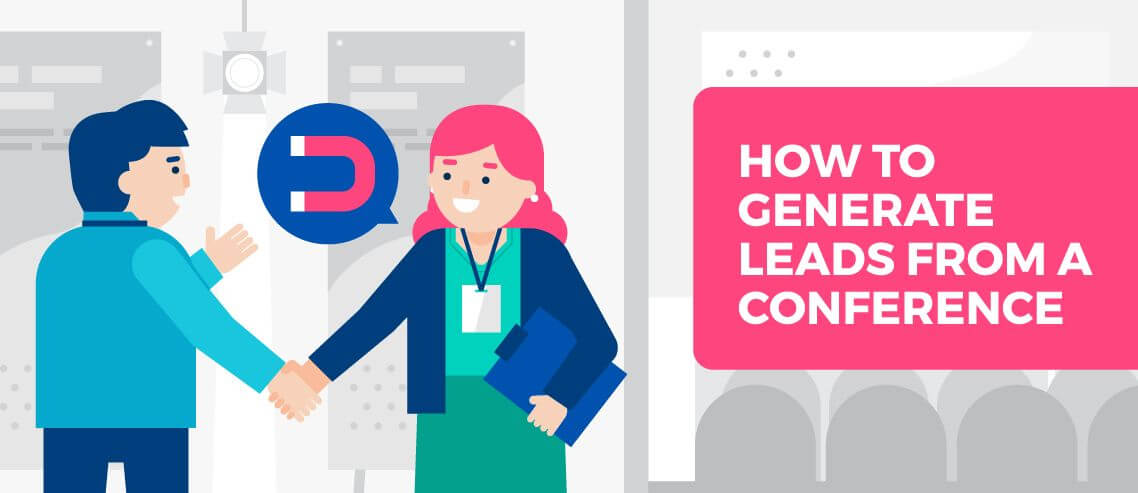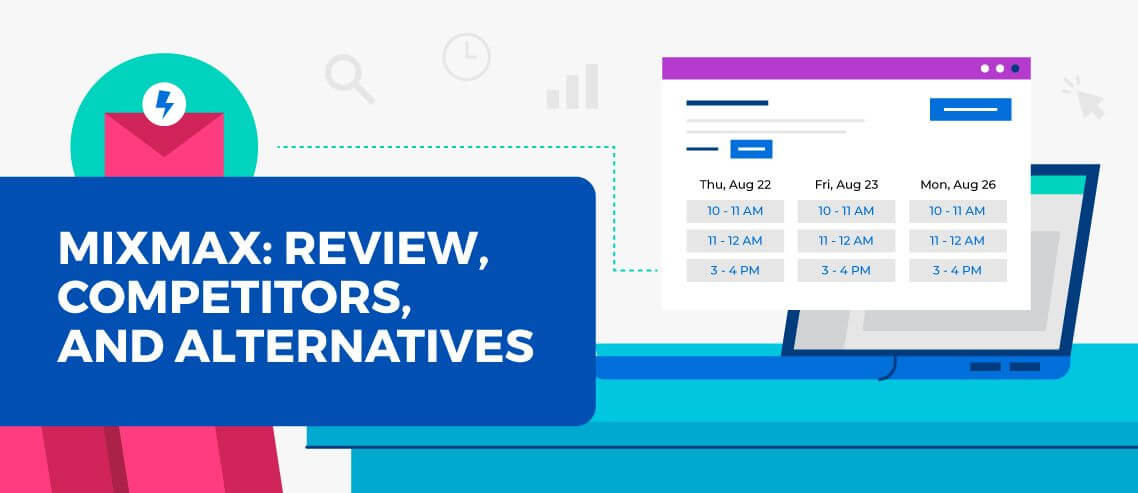7 Strategies to Make Your Marketing Agency More Profitable
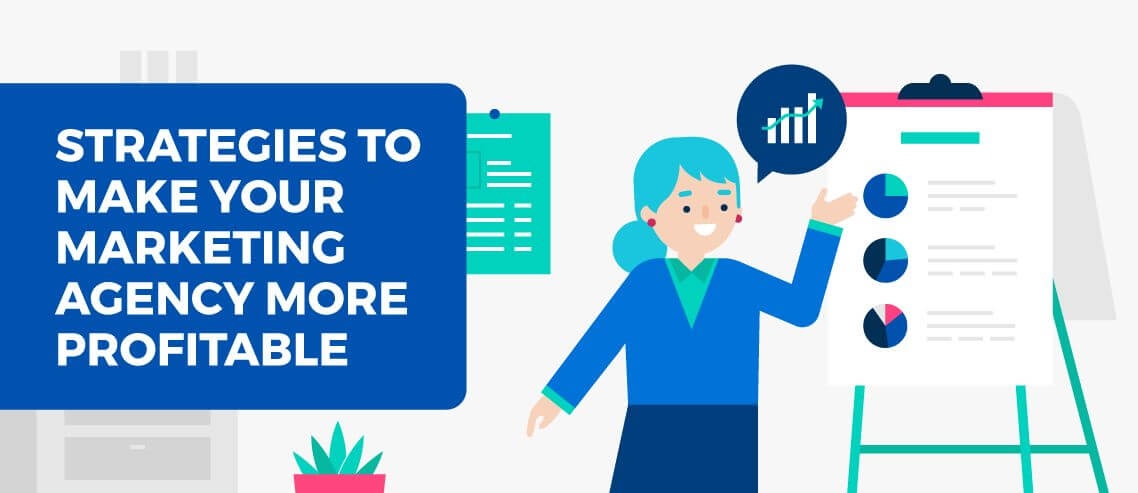
Contents
These days, running a lean marketing agency is more important than ever. This means putting employees and clients at the center of your agency’s strategy to develop a better service offering.
Running a lean agency also requires focusing on where the work is actually happening and making it easier to unleash your team’s creativity. In addition, it requires making small changes each day that improve your processes and add up to a more efficient and profitable agency than ever before.
To get more with less or scale your agency to new heights, you’ll need a growth mindset, the right tools, and some fresh tactics. Here are seven strategies to make your agency more profitable:
1. Partner With Other Companies
Very few successful agencies make it to the top without building some strategic partnerships along the way. Look for other companies that may benefit from a partnership while trying to steer clear of direct competitors.
For example, another agency may complement your skills and fill talent gaps, and vice versa. A marketing software company may have thousands of followers that you can get in front of by partnering up on shared giveaways, promotions, and contests.
Affiliate marketing and referral incentives are another big way to grow your revenue stream with little to no downside. Affiliate marketing spending in the United States will reach $8.2 billion by 2022, more than three times what it was ten years ago.
You already have the marketing skills to get the word out. Why not use them to add revenue streams for your agency? You can also set up a referral agreement with your partners whereby they refer you to their clients who may be looking for a marketing agency. Then, in exchange, you would refer your clients to them when appropriate.
2. Level Up Your Skills
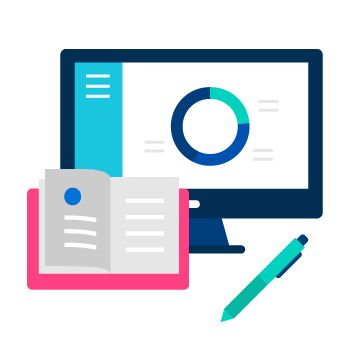 The return on education is always worth pursuing. The more your team knows, the better they can service their clients, and ultimately the more they can charge.
The return on education is always worth pursuing. The more your team knows, the better they can service their clients, and ultimately the more they can charge.
As such, it’s your responsibility to set aside the time and find opportunities to build up your credentials and expand your agency’s offering. Reading marketing newsletters is a great way to level up your marketing skills little by little, but sometimes a larger training opportunity is more appropriate.
A multi-day event like the Growth Marketing Conference can expose your team to the industry’s best talent, where they can learn the latest and most useful marketing strategies. Not only will your team walk away with new ideas and strategies, but they will likely also make a few new connections as well.
Another way to level up your agency’s skills is by signing up for marketing courses. For example, Ahrefs offers a free 5-hour Blogging for Business Course. Canva offers their Design School for free, so your team can learn graphic design. EdX offers a full curriculum of free marketing courses taught by top universities like UBC, Columbia, and Berkely.
While you’re at it, consider investing in one-on-one coaching sessions for your team. Learning marketing skills is no different than learning the guitar. It takes practice, and someone guiding you can speed up the process.
3. Invest in Inbound Marketing
Outbound marketing is probably the first thing that comes to mind when you think of traditional advertising. A company is pushing its message out to its audience via Twitter, cold email, or Super Bowl ads. However, the message is largely ignored because it’s either irrelevant, doesn’t have a clear call to action, or isn’t enticing enough.
Breaking through the noise is harder than ever, which is why focusing on inbound marketing is such a game changer. With inbound marketing, the prospects come to you. It’s less interruptive and less about immediate results. Instead, it’s about creating a system that brings a steady stream of attention and interest to your agency.
Inbound marketing reduces expenses, builds client trust, and provides quality leads. Inbound marketing comes in many forms, including:
- Starting an SEO optimized blog or vlog and posting often
- Guest posting on other companies’ blogs
- Social sharing and engagement on your profile and others
- Live events and webinars
- Free email courses
The list goes on and on, and so does the upside.
4. Focus on Client Retention
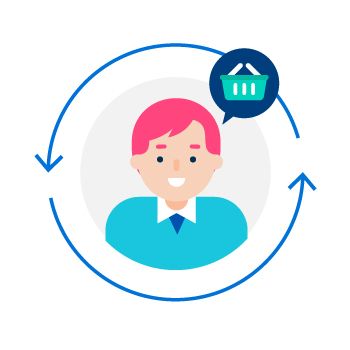 If you don’t meet a customer’s expectations, you risk losing them to a competitor. While you may be able to replace them fairly easily, losing clients is extremely costly – in fact, research by Forrester suggests that it costs five times more to acquire a new customer than to retain your current ones.
If you don’t meet a customer’s expectations, you risk losing them to a competitor. While you may be able to replace them fairly easily, losing clients is extremely costly – in fact, research by Forrester suggests that it costs five times more to acquire a new customer than to retain your current ones.
To put it plainly, customer retention is a far better use of your agency’s time than customer acquisition. It’s more profitable, and it’s less time-intensive. Plus, the longer you keep a client, the better you get at anticipating their needs, which makes everyone’s lives easier.
Retaining your existing clients starts with setting better expectations from the start. If you ask them what they expect and don’t promise anything you can’t deliver, then you’re already doing something right. Communication is at the core of any successful business relationship.
From there, focus on mastering the onboarding process. Setting an early tone that it’s easy to work with your agency and that you’re a trusted advisor will take you far.
5. Get Comfortable Saying No
Making your agency more profitable is partly doing the right things to make more money, and partly saying no to things that are a drain on your resources.
Of course, you want to be a good partner and make yourself available for your client’s questions and requests – within reason. If you set the right expectations, it should be easy to say no to unreasonable client requests and decline taking on needy clients who drain your resources.
It’s your job to toe the line between helpfulness and spreading yourself thin. Always remember that you can say no to projects outside of your normal scope or capabilities.
If your agency focuses on honesty and frank communication, you’ll gain respect from your clients and vendors, and you’ll free up more time to focus on what you do best and what provides the greatest value for your time.
6. Attract Fresh Talent
Investing in the recruiting and development of entry-level marketing professionals is a great way to reduce operating costs and still meet your goals. Entry-level employees don’t come with bad habits from previous agencies and are typically more enthusiastic about their new opportunities.
Some ways to find fresh talent include:
- Attending career fairs at local colleges and universities
- Attending marketing conferences and networking events
- Sponsoring business competitions or marketing conferences
- Starting happy hours and inviting people in the industry
- Join marketing Slack or Discord groups to spread awareness
- Hosting interactive open houses where candidates can see your office
Diversifying your talent group doesn’t necessarily have to be in-person. If you’re open to remote work, there’s plenty of talent in your state, country, and around the world that can bring your team new skills, fresh perspectives, and a unique approach to marketing.
7. Fill Resource Gaps With Technology
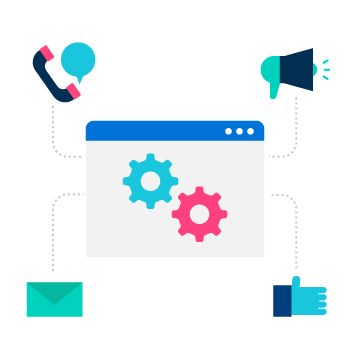 Marketing automation is the future. With the right technology, your team can automate online marketing campaigns, reduce admin work, eliminate repetitive tasks, and free up their bandwidth to focus on more important matters.
Marketing automation is the future. With the right technology, your team can automate online marketing campaigns, reduce admin work, eliminate repetitive tasks, and free up their bandwidth to focus on more important matters.
Marketing automation makes it easier to implement the agency’s various marketing strategies by not requiring them to hit “send” on every campaign, email, message, or post they create. The right tools will automate actions based on certain triggers or schedules you set in advance.
For example, Mailshake helps warm up cold prospects by automating your email, phone, and social media outreach campaigns. It simplifies your team’s workflow by narrowing down which leads to focus on and provides the means to send personalized emails at scale.
Marketing automation software like Mailshake extends your reach. One rep using Mailshake might have the reach of two or three reps since they can send more emails and prioritize which leads require the most attention.
Marketing automation saves you time and drives revenue, which makes it easy for you to focus on growing your business and doing more creative work.
Profitable marketing agencies know that the harder they work, the luckier they get. Sometimes, taking a step back to make sure you’re working smarter instead of harder pays off. Investing in education and marketing automation technology, as well as working on enhancing your client relationships can take your agency to the next level.


